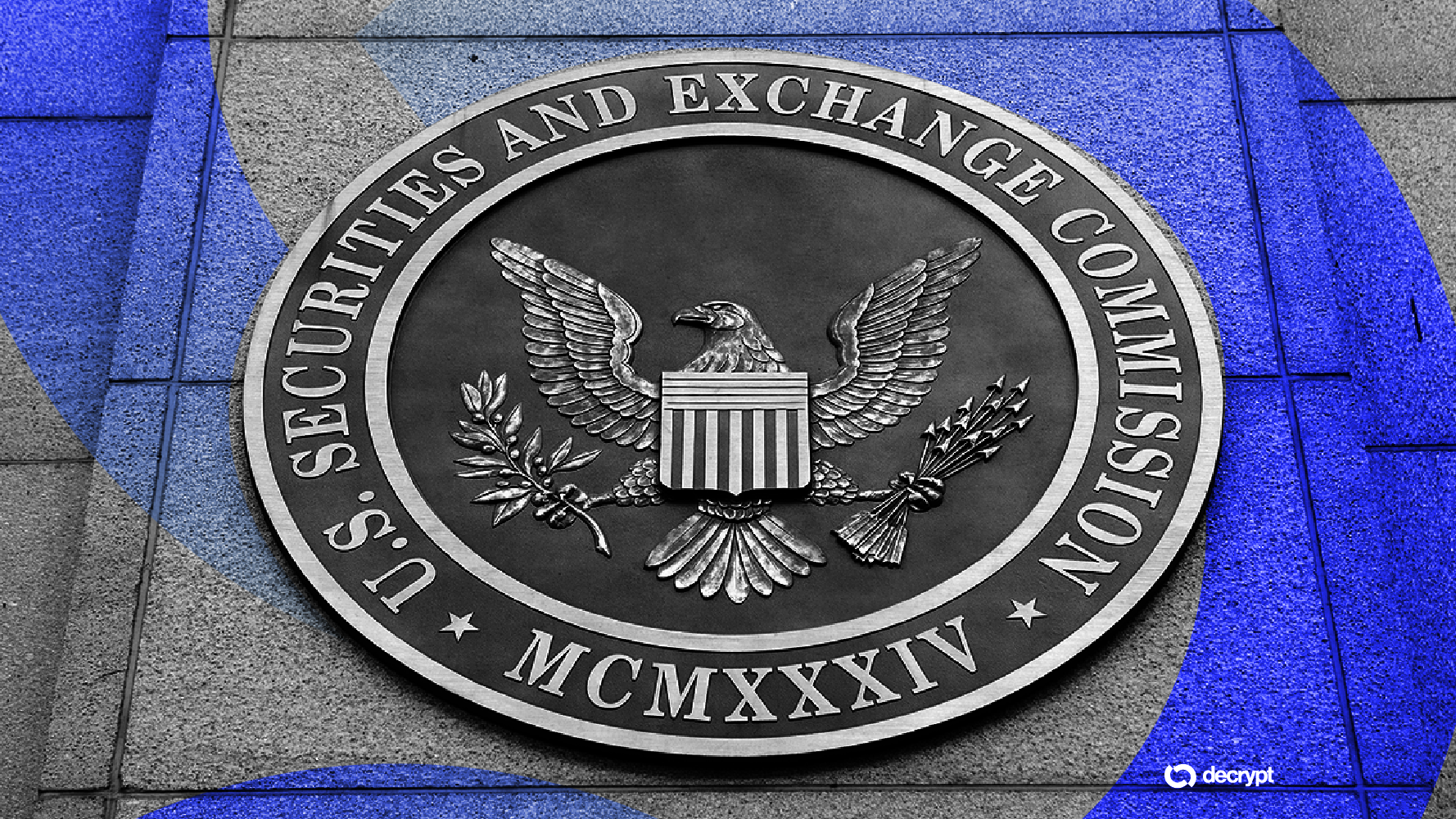Regulators Target Suspicious Stock Surges Before Major Crypto Purchases: WSJ Investigation

Watchdogs are circling corporate crypto moves—and the suspicious trading that often precedes them.
The Pattern Emerges
Stock prices jump days before companies announce major digital asset acquisitions. The WSJ analysis reveals a troubling correlation that's drawing regulatory scrutiny worldwide.
Timing Questions
Multiple instances show unusual trading activity preceding crypto purchase announcements. Regulators now examine whether insider information drives these patterns.
Market Impact
Corporate crypto adoption continues accelerating despite regulatory concerns. Because nothing says 'legitimate investment' like needing government oversight to prevent insider trading—just ask your friendly neighborhood hedge fund manager.
The scrutiny intensifies as institutional crypto adoption reaches new heights. Regulatory clarity remains the final frontier for mainstream acceptance.
What is Reg FD?
Regulation Fair Disclosure, also known as Reg FD, is an SEC rule that prohibits companies from sharing material information with select investors before making it public. Violations can expose firms to civil penalties, enforcement actions, and reputational risk.
Introduced and adopted in 2000, the rule was made “to ensure that all investors have equal access to ‘material’ corporate information at the same time, focused on the nature of the information and the manner of its disclosure,” Andrew Rossow, public affairs attorney and CEO of AR Media Consulting, told Decrypt.
It covers “anything that a reasonable investor WOULD consider important in their investment decision, and could affect a company’s valuation, capital-raising plans, or overall risk profile,” Rossow explained.
If any material non-public information “can be traced directly to a tipper or company source, or an agent who acts on that information,” it falls within the scope of a Reg FD violation, he noted.
“In contrast, industry gossip, rumors, or third-party speculation generally do not,” he said, adding that insider trading liability is also possible “if the recipient of MNPI trades or leaks it because the information was misused for personal or market gain.”
Investigations of this kind typically begin with unusual trading activity, and “the smoking gun is a direct trace back to the source/tipper,” Rossow said.
To build that link, authorities look for communications spanning emails, meeting notes, internal platforms like Slack or Teams, text messages, calendar invites, and device records that may tie suspicious trades to the source.

